To mark the release of Fanon, a film directed by Jean-Claude Barny (in theaters on April 2, 2025), NOFI pays tribute to one of the major figures of anticolonial thought: Frantz Fanon. Psychiatrist, writer, and revolutionary from Martinique, Fanon offered a radical critique of colonialism in his work.
Here are ten essential quotations—blistering and lucid—that lay bare the psychological, social, and political architecture of colonial oppression, and the path to dismantling it.

“Colonialism is not a thinking machine, is not a body endowed with reason. It is naked violence and only gives in when confronted with greater violence.”
— The Wretched of the Earth (1961)
This quote is foundational. It names the unspeakable: colonization is not a civilizing mission, but a raw enterprise, a system built on crushing, dispossession, and coercion. Fanon doesn’t sugarcoat—he strips bare.

“The colonized discovers that his life, his breathing, the beating of his heart are the same as those of the colonist. […] Practically, I don’t give a damn.”
— The Wretched of the Earth (1961)re (1961)
Fanon’s language is blunt. It shocks to liberate. This sentence captures the birth of the colonized person’s political consciousness. No longer dominated, but equal. No longer paralyzed, but standing.
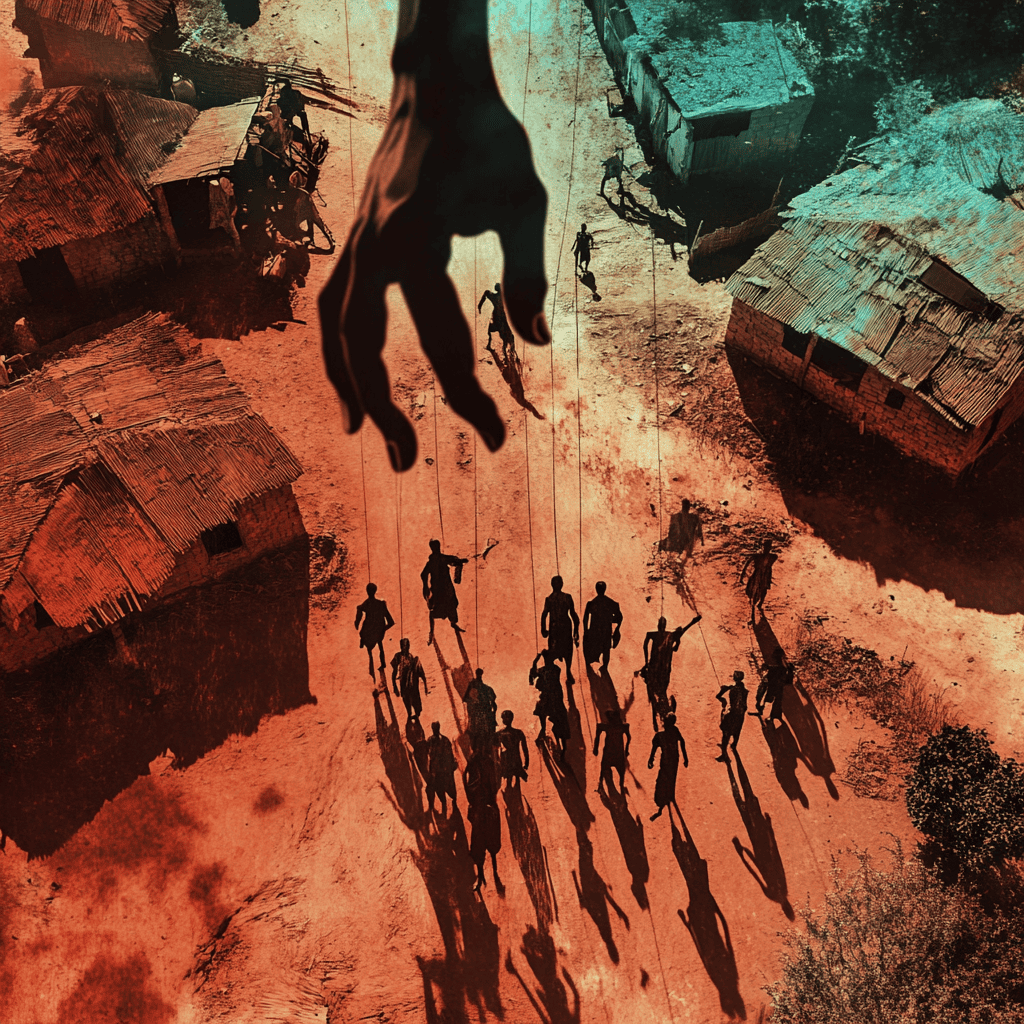
3. “The colonial system fuels the chieftaincies and reactivates the old maraboutic brotherhoods. […] Violence, in practice, is totalizing, national.”
— The Wretched of the Earth (1961)
Here, Fanon dissects the mechanisms of division. Colonialism doesn’t just split territories. It fragments peoples, revives local tensions to rule more effectively. A strategy of fragmentation. In contrast, struggle creates unity.
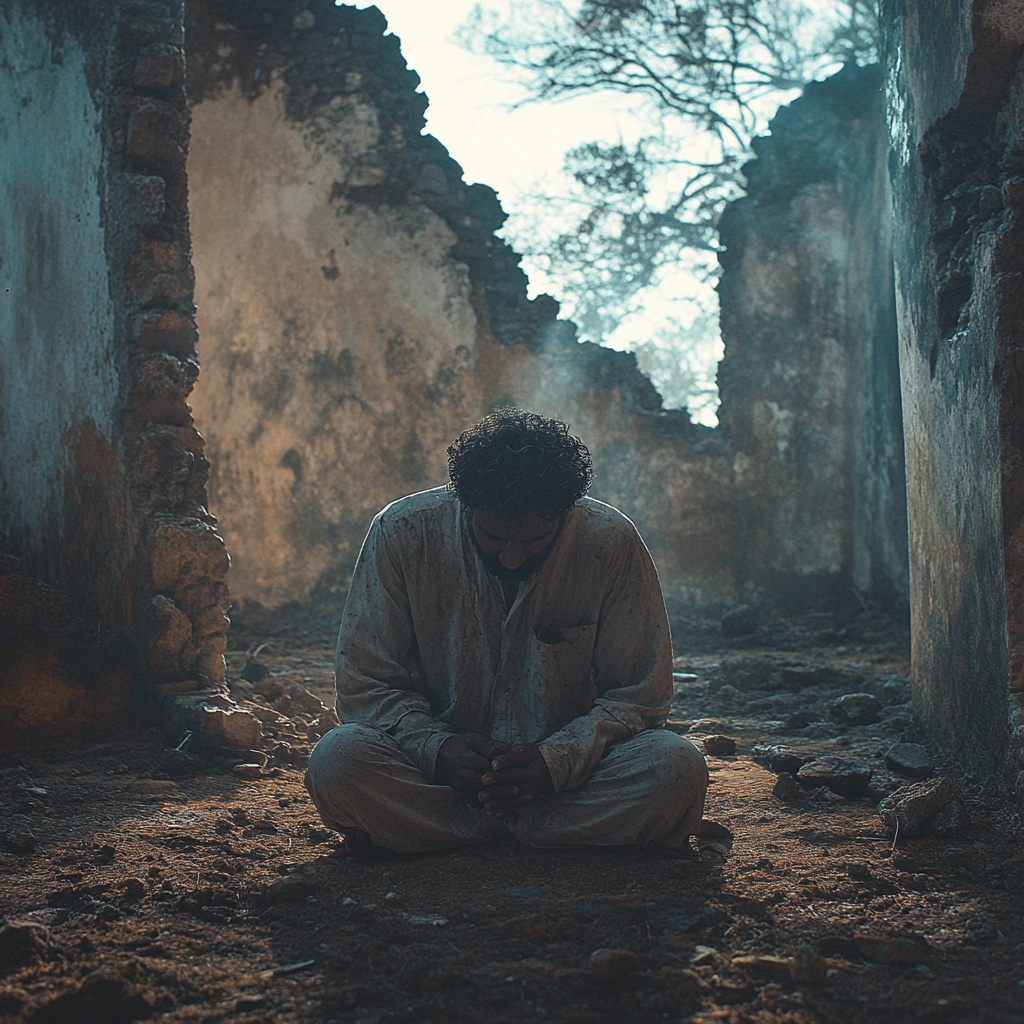
4. “Through religion, the colonized succeeds in ignoring the colonist. […] He reaches a stone-like serenity.”
— The Wretched of the Earth (1961)
Religious fatalism is presented here as a collective anesthesia. A mystical resignation that lulls rebellion. Trained in psychiatry, Fanon understood how conditioning can disguise itself as faith.
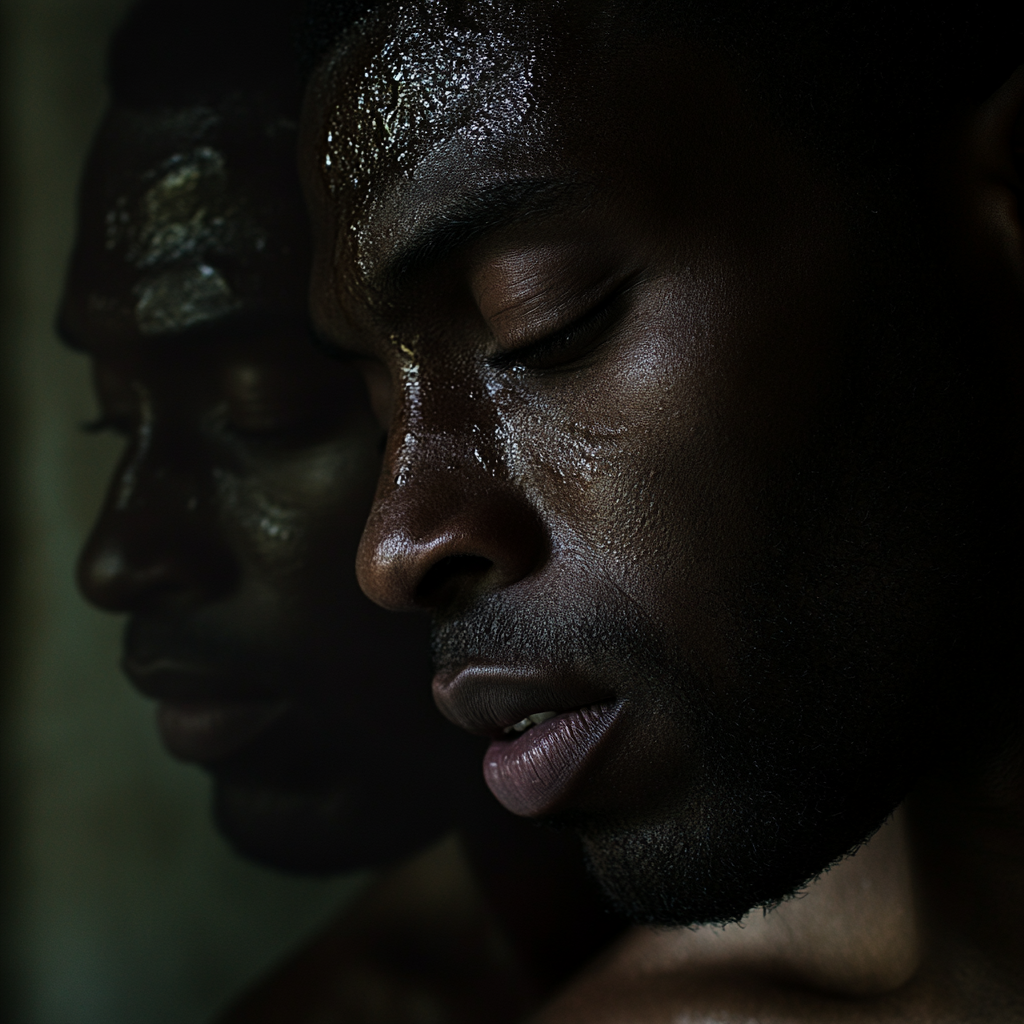
5. “The last resource of the colonized is to defend his personality against his fellow man.”
— The Wretched of the Earth (1961)
The violence of the colonial system is not only top-down. It spreads and reverberates. It makes the colonized suspicious, hateful toward one another. A horizontal, fratricidal war that blocks the rise of collective consciousness.

6. “At the level of individuals, violence is a cleansing force. It rids the colonized of their inferiority complex.”
— The Wretched of the Earth (1961)
Fanon doesn’t advocate gratuitous violence, but he recognizes its cathartic power. In a system that denies your very being, physical revolt is often the first act of existential affirmation—the first sign of life.
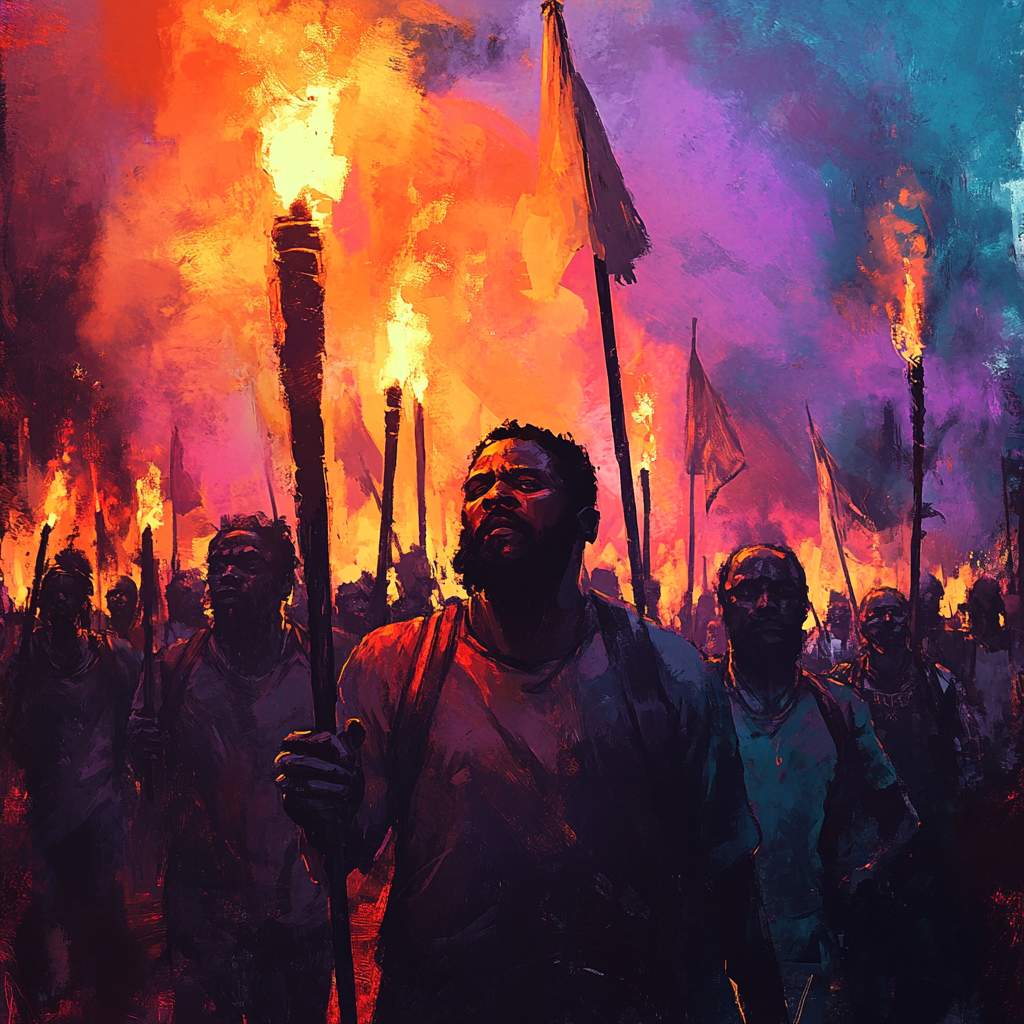
7. “Mass mobilization introduces into every consciousness the idea of a common cause, a national destiny, a collective history.”
— The Wretched of the Earth (1961)
This sentence says it all about the transformation of the colonized subject into a political citizen. Through struggle, the isolated individual becomes a people—and the people gains a shared narrative.
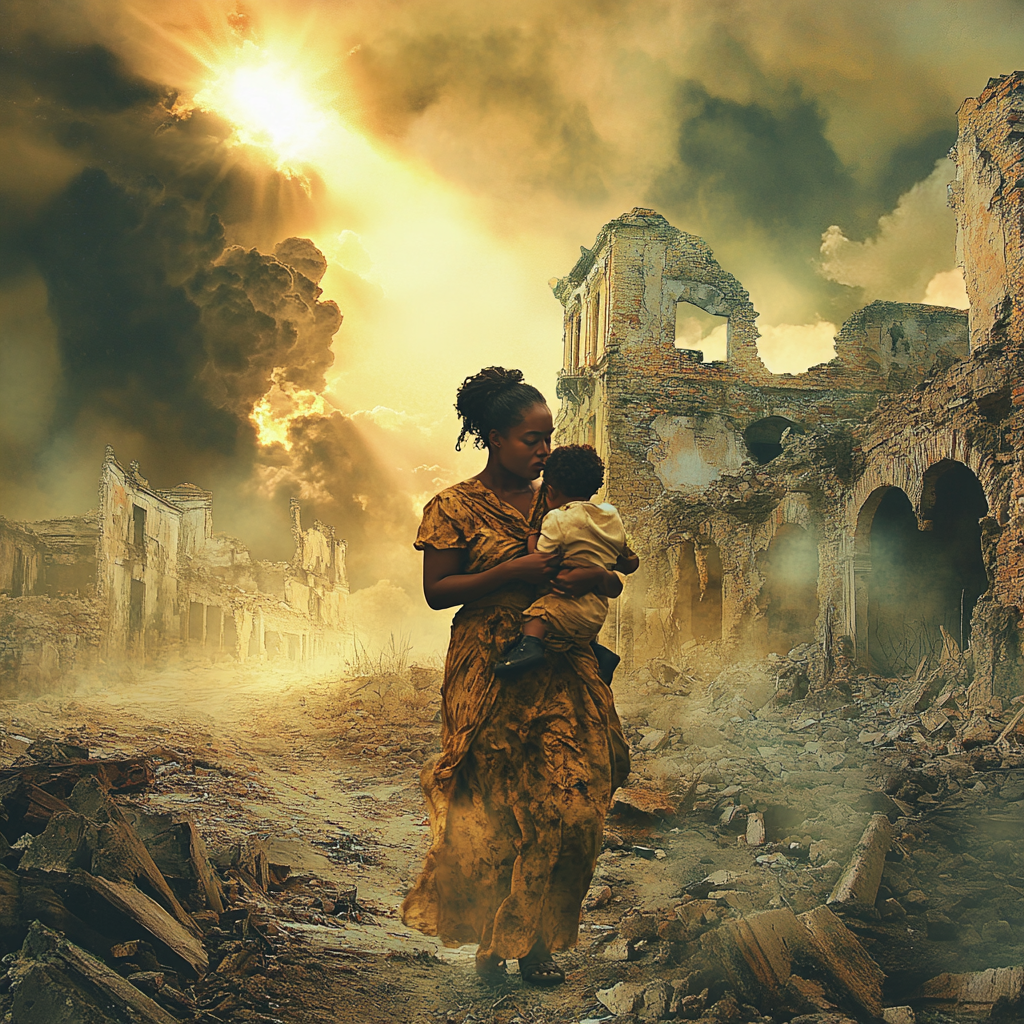
8. “The struggle, it is said, continues. The people realize that life is an unending combat.”
— The Wretched of the Earth (1961)
Fanon foresaw what many still refuse to admit: political decolonization is only the beginning. The chains fall, but structures remain. Equality is a horizon, not a destination.
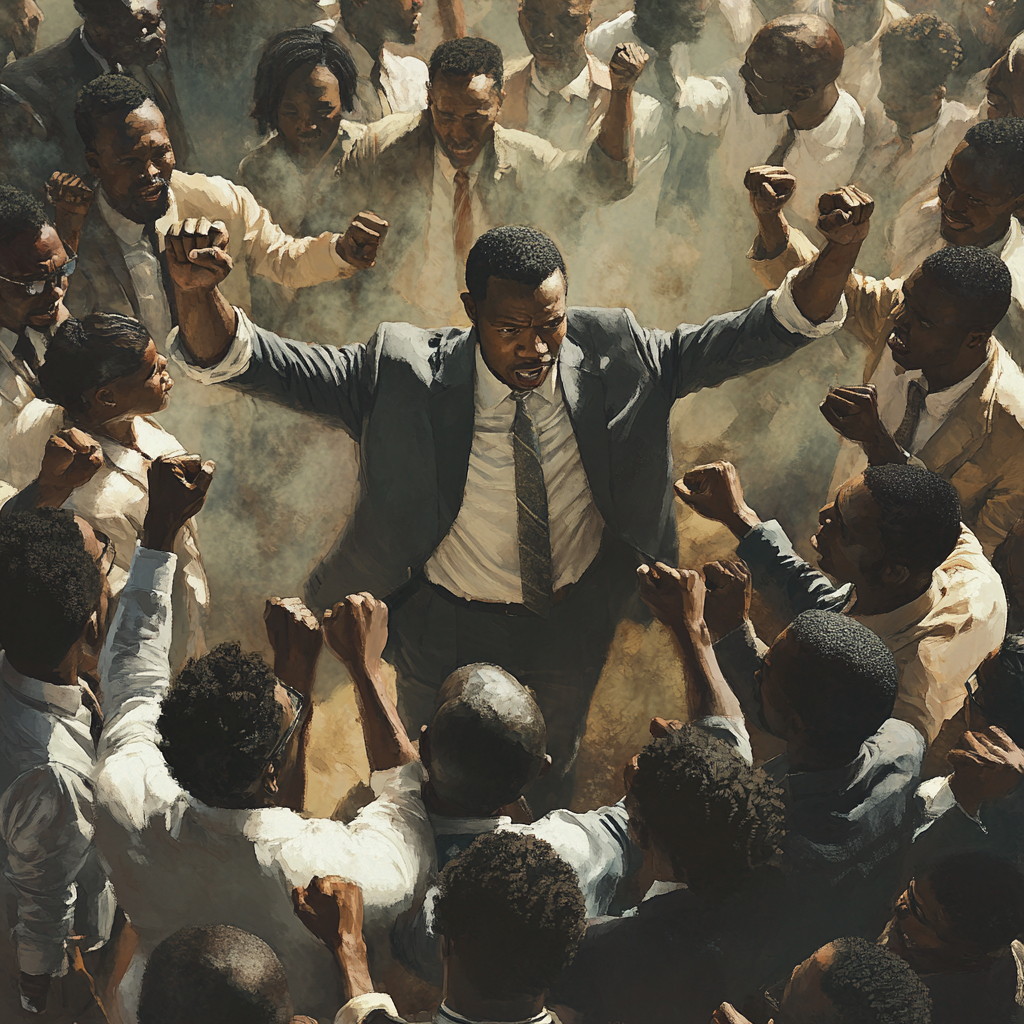
9. “When the masses have taken part in national liberation through violence, they no longer allow anyone to pose as a ‘liberator.’”
— The Wretched of the Earth (1961)
Here, Fanon deconstructs postcolonial power dynamics. Peoples who have risen up on their own reject saviors. They demand horizontality. They demand accountability.

10. “The praxis that hurled them into a desperate hand-to-hand struggle gives the masses a voracious taste for the concrete.”
— The Wretched of the Earth (1961)
Praxis—a central word in Fanon’s thought—means the union of thought and action. Struggle gives substance to ideas. It wards off false promises, hollow slogans, ghostly politics. This hunger for the concrete is embodied consciousness.
A timely release: the film Fanon
In spring 2025, Jean-Claude Barny’s Fanon hits theaters. Led by Alexandre Bouyer as Frantz Fanon and Déborah François as Josie Fanon, the feature film retraces the thinker’s final years—between psychiatric battles in Algeria and full commitment to the war of liberation.
The film doesn’t just recount a story. It calls us to reread Fanon. To understand him. To hear him—now.
Reading Fanon is resisting silence






Fanon wrote in the eye of the storm. At a time when the West still tried to portray oppression as humanism, he spoke of equality. Where others bowed to the Republic or the metropolis, he tore off the masks.
The ten quotations above are not frozen aphorisms. They are shards of truth. Fragments of lucidity that still guide those who reject submission, compromise, and lies.
As the world continues to reckon with the legacies of colonialism—and as decolonial movements struggle to be heard without being caricatured—Fanon is more necessary than ever.

The release of Fanon, the film by Jean-Claude Barny, is not just a tribute. It is an invitation. A call to action.
To read, to reread, and to carry forward a free, furious, and radically human form of thought.
Sources
Fanon, Frantz. The Wretched of the Earth, La Découverte, 2002 (original edition 1961)
Fanon, Frantz. Black Skin, White Masks, Seuil, 1952
Fanon, film by Jean-Claude Barny, national release April 2, 2025 (thuram.org)
Film page on Unifrance: unifrance.org
Wikipedia: Frantz Fanon
